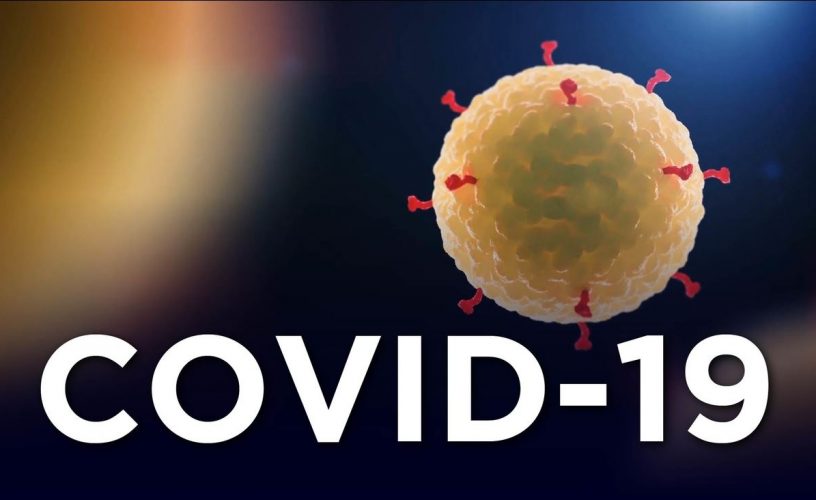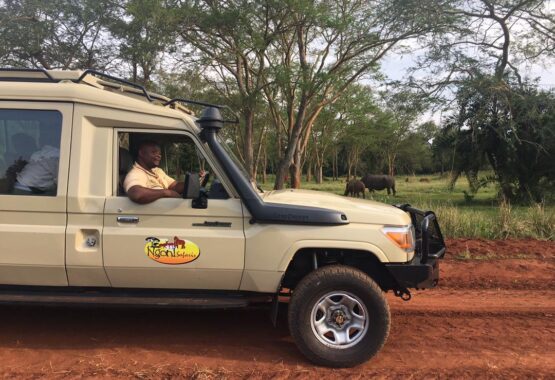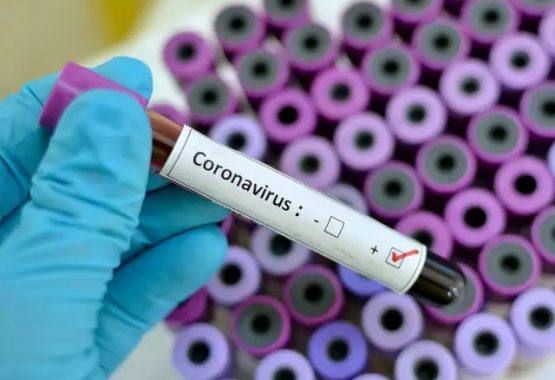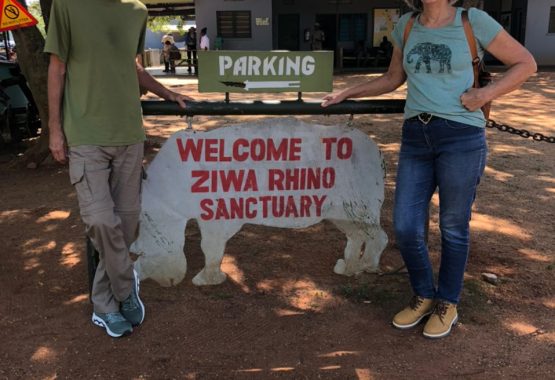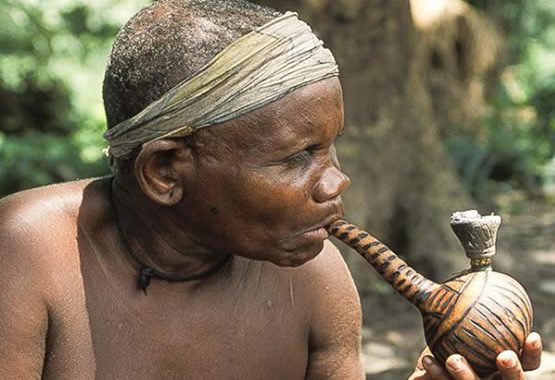As the world navigates the ongoing COVID-19 pandemic, we at Ngoni Safaris Uganda are well-positioned to assist in informing travelers throughout this challenging period — and when ready, assisting in recovery efforts.
Read on for a wrap up of how the virus is affecting travel, ways you can help stop the spread of COVID-19, and tools and resources for staying abreast of this fast-developing situation.
What do I need to know about booking travel right now?
Many nations are enacting more stringent travel restrictions or travel bans, and new policies are being implemented daily. The IATA is also maintaining a comprehensive country-by-country list of COVID-19 restrictions on travel.
Most commercial airlines have reduced or suspended routes because of the pandemic. In addition, many hotels, restaurants and attractions around the world have closed to avoid large gatherings.
It’s uncertain when travel restrictions will lift. If you’re considering planning a trip, make sure to check cancellation policies before booking. The following resources are a helpful place to start.
Up-to-date resources for travel planning amid COVID-19:
- Everything you need to know about travel planning during COVID-19
- The ultimate guide to travel insurance
- What you need to know about air travel and COVID-19
- Airfarewatchdog Blog: Flight waivers and refund policies by airline
- Airfarewatchdog Blog: Flight cancellations by region and airline
- Your A-Z airline directory
- Hotel cancellation policies and closures
- Cruise Critic: Coronavirus – Cruise Ship Policies and Cancellations
What should I do if I’ve recently returned home from a trip?
Travelers returning home are advised to self-monitor for symptoms for 14 days and follow their country’s national protocols, which may include self-quarantine for the incubation period.
Common signs of infection include shortness of breath, breathing difficulties, fever and cough. In more severe cases, it can lead to pneumonia, organ failure and death.
If symptoms do occur, travelers are advised to seek medical care and inform healthcare providers of their symptoms and their travel history.
For more information, visit the World Health Organization’s (WHO) COVID-19 Resources hub or the Centers for Disease Control’s (CDC) COVID-19 and Travel hub.
How can I help slow the spread COVID-19?
COVID-19 is mainly spread from person to person through respiratory droplets when an infected individual speaks, coughs or sneezes at close range
The CDC has also warned it may be possible for a person to become infected by touching a surface or object that has the virus on it and then touching their own mouth, nose or eyes.
There is currently no vaccine against COVID-19. Here are some things you can do to help fight the spread of COVID-19. The WHO recommends:
- Washing your hands regularly with an alcohol-based sanitizer, or with soap and water.
- Maintaining distance of at least 1 metre (3 feet) between yourself and anyone who is coughing or sneezing
- Avoiding touching your eyes, nose and mouth
- Seeking medical care immediately if you are showing symptoms
How can I help those most vulnerable to COVID-19?
You can give to organizations on the ground providing prevention, relief and support services to the most vulnerable populations around the globe. Here are a list of a few organizations Tripadvisor and the Tripadvisor Foundation recommend:
How can I learn more?
COVID-19 News and Resources
- The World Health Organization’s COVID-19 Resource Hub
- The Centers for Disease Control’s COVID-19 Resource Center
- The Geneva Foundation for Medical Education and Research’s country-by-country directory of health ministries
- Apple’s COVID-19 self-screening tool (developed in partnership with the CDC, and available on the web and in the App Store for iPhone and iPad)
- Google’s COVID-19 Information and Resource Page
- Region-by-region COVID-19 coverage via Google News


